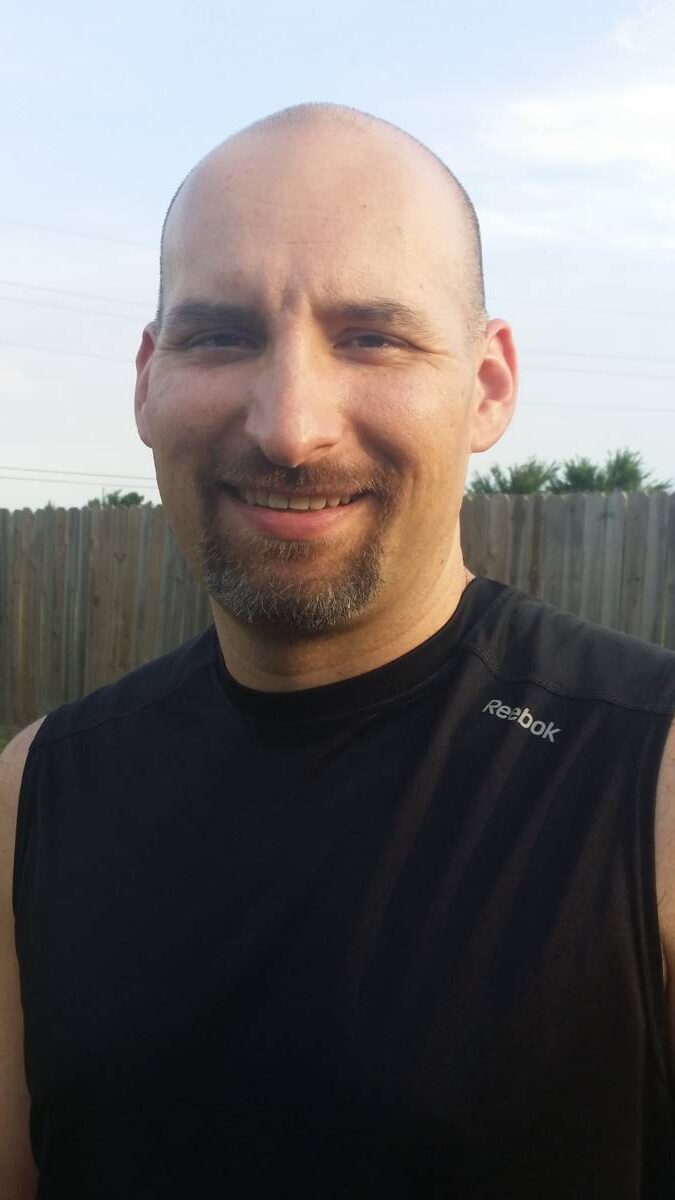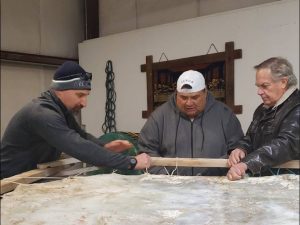The church is a volunteer organization without a paid ministry. But that doesn’t mean we take leadership lightly. Have you ever wondered about the whos, whens, whats, whys, and hows of ordination? Here’s a primer.
When Christ set up the church, He set up a physical organization as well as a spiritual one. He started with the original 12 apostles in Israel and with 12 others in America. During His ministry, Christ also called 70 evangelists to go out and spread the Gospel. The church grew, as recorded in Acts and 4 Nephi, and others were ordained to replace those who had passed away. Also, other spiritual offices were created to help support the growing organizations.
Men were called of God and ordained to be elders (ministers/pastors), teachers, and deacons. Although it’s not mentioned specifically in scripture, the role of women in the church as deaconesses is derived from scriptural examples, the most notable being Phoebe (Romans 16:1-2), Priscilla (Acts 18:24-26, Rom. 16:3), and Euodias and Syntyche (Phil. 4:2-3). The church continues to ordain men and women today.
But how does it happen, exactly?
The basic process is the same for each office. First, God must call the person. A person does not ask to be ordained or undergo seminary education to qualify. God shows the church leadership that someone is being called into an office. This can happen in many ways, including experiences (dreams, visions, miracles) from God. Through discernment, fasting, and prayer, the ministry seeks God’s will regarding each specific calling.
What happens next? For the quorum of 12 apostles, the existing apostles vote on the calling, just as in Acts 3. For the quorum of 70 evangelists, the Region evangelists recommend a candidate to the whole body, who then vote on the calling. For the general ministry, the branch elders bring the calling to the Region ministry, who then vote. For teachers, deacons, and deaconesses, the branch ministry vote on the calling. Votes are done with humility and reverence.
After a majority vote, the ordination is scheduled.
As stated in Alma 13:8, the holy ordinance of feet washing sets apart the candidate to be used of God in the office. After the person’s feet are washed, the ministry offers a prayer, asking God to call forward the minister to ordain the person. Then, the minister who feels God’s direction places a drop of holy oil on the candidate’s head and prays, ordaining the person into the office.
Here is more helpful information about ordinations.
Why are ministers ordained and whose priesthood is it?
Method of Ordinations
Calling and Ordination of Teachers
Calling and Ordination of Deacons and Deaconesses
Other Supporting Scriptures and References
- Matthew 10
- Mark 3:14
- Luke 10
- Acts 14:23
- Ephesians 4:11
- 1 Timothy 3:8 13
- Titus 1:5
- Jacob 1:18
- Alma 23:4
- Helaman 3:25
- Article 5 of the Faith & Doctrine
This article has undergone ministry review and approval.





Thank you for all the references and information. This is great for teaching Sunday School and so important for me to know in case anyone asks why we do what we do. 🙂
This is a very good lesson